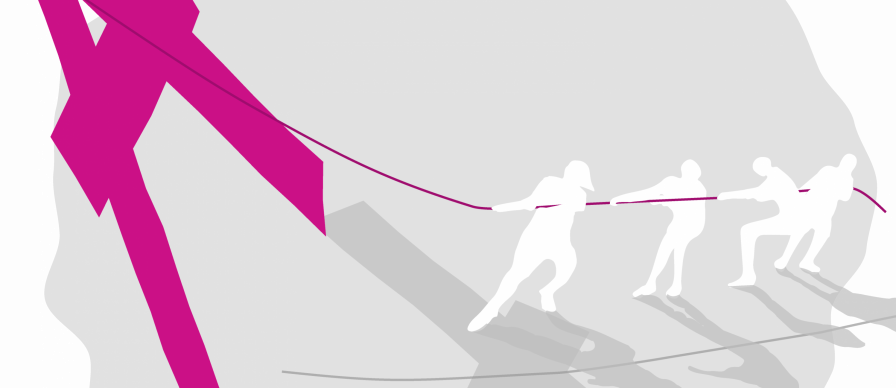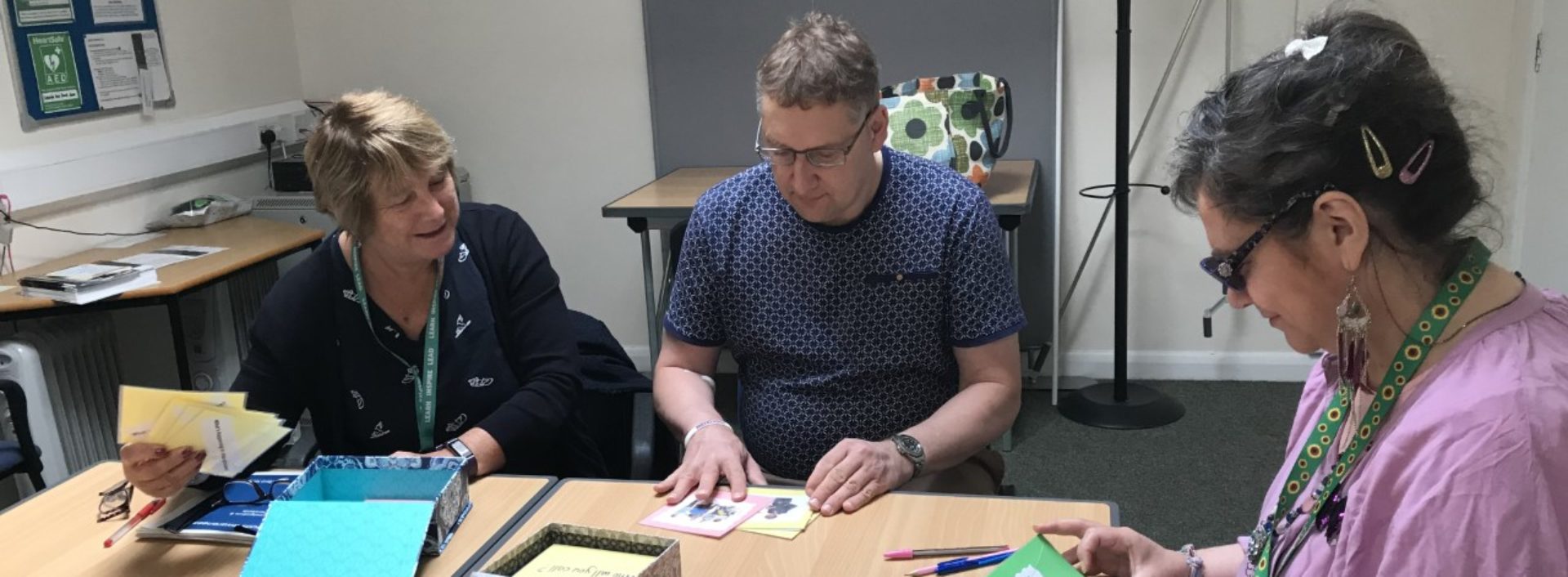Karen Murray writes: I am the manager of the KeyRing self-advocacy service which operates across North Yorkshire and we work with people with a learning disability and autistic people (self-advocates), to build and develop their skills at speaking out with confidence about issues that are important to them.
In our self-advocacy groups, we want to give everyone the opportunity to speak out and have their say, so over the years, myself and my team have developed a range of games and resources that encourage people to talk about their lives, personal safety, health, and relationships.
When I attended the Community Organisers’ training earlier this year relating to Building Power and Action for Change, there was a section of this training when we viewed pictures representing power and discussed who we thought held the power in each of the pictures. This session was particularly inspiring and I began to think how I could adapt this session to help self-advocates think of ways to help them recognise the imbalance of power in their lives.
Following this training, I developed a series of resource cards using photos to portray a range of situations where the person who held the power was sometimes obvious, sometimes not. These cards are now used in self-advocacy groups where people are invited to choose a card and then asked a series of questions, ie, what is happening in this picture, who is in control, what do you think will happen next? The responses are interesting, unexpected, and often insightful – particularly when people talk about their personal experiences of a time when they felt powerless.
These Power cards are an important part of our self-advocacy packs and our aim now is to share this resource with community organisers to encourage conversations about power and to get people thinking how they can make a change in their lives and in their communities.



